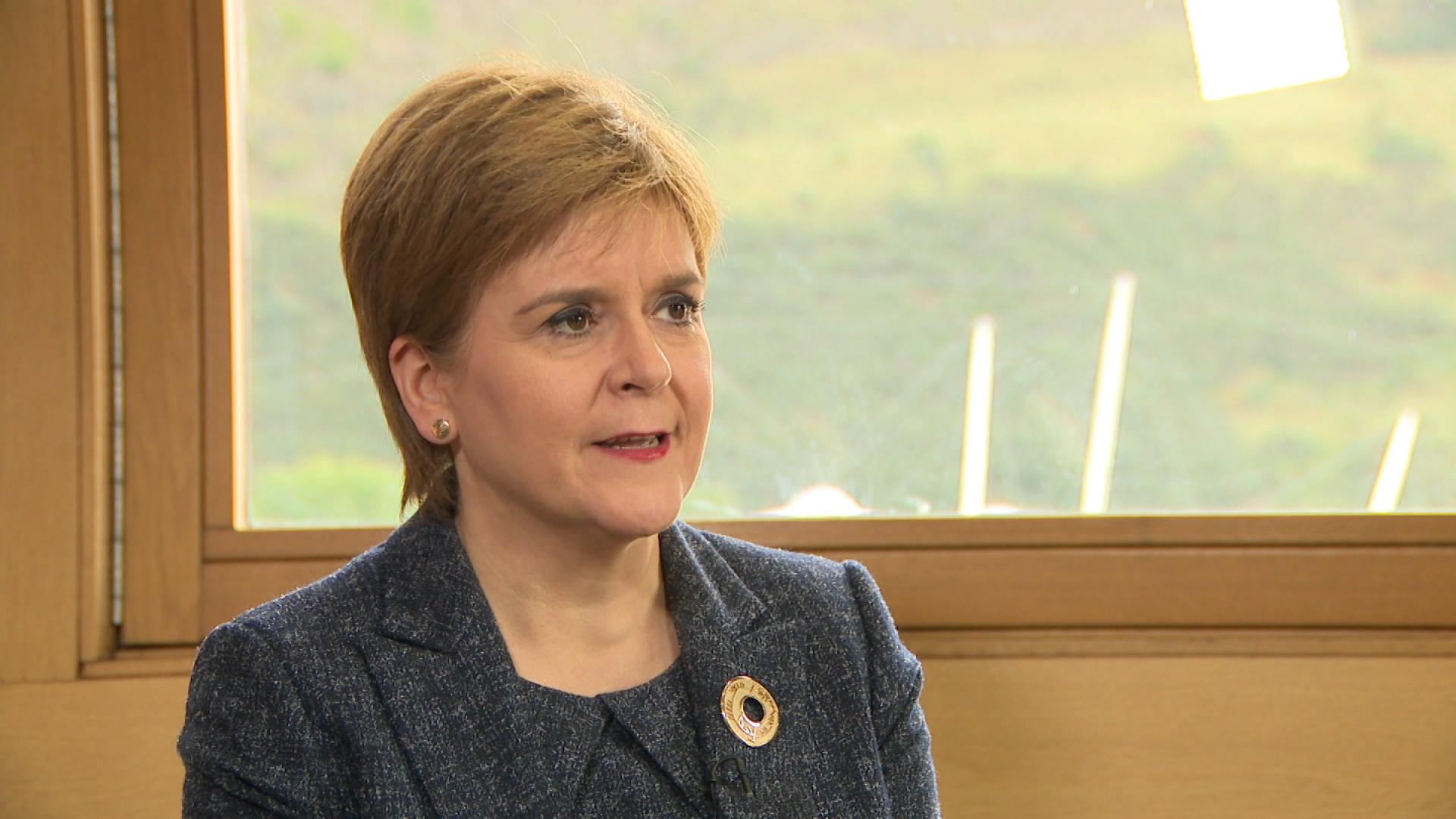Sturgeon: Corbyn must back indyref2 for SNP votes
- Published
Nicola Sturgeon said she favoured replacing Boris Johnson's Tory government with a "progressive-style alliance"
Nicola Sturgeon has told Jeremy Corbyn not to "bother picking up the phone" to ask the SNP to put him in government unless he backs an independence vote.
The Scottish first minister said she was in favour of removing Boris Johnson from office and holding an election.
But she said her backing for a future "progressive alliance" government relied on a deal to hold a referendum.
Ms Sturgeon also said she would seek UK government consent this year to hold a new independence vote.
'Right to choose'
Mr Corbyn has said he does not think a new independence poll is "a good idea", but has not ruled out allowing one.
Ms Sturgeon wants to hold a new vote in the second half of 2020, but has yet to ask UK ministers for the required "section 30" request to allow it.
She said it was not yet clear who the prime minister would be at that point.
She told the BBC's Andrew Marr programme that she would be willing to oust the Conservatives in favour of a "progressive-type alliance", but warned Mr Corbyn to not "even bother picking up the phone to me" unless he accepted "Scotland's right to choose our own future".
Ms Sturgeon's comments come as the SNP gathers in Aberdeen for its autumn conference, and at a pivotal moment in UK politics and the Brexit process.
Boris Johnson has repeatedly challenged other parties to support a snap general election, but opposition leaders want to rule out a no-deal Brexit first - and are divided on whether a fresh EU referendum should come before an election.
The SNP leader told Andrew Marr she was "ruling nothing out" in the coming weeks, but said an election would be the most realistic outcome due to the difficulty of leaving an interim government in place throughout a referendum campaign.
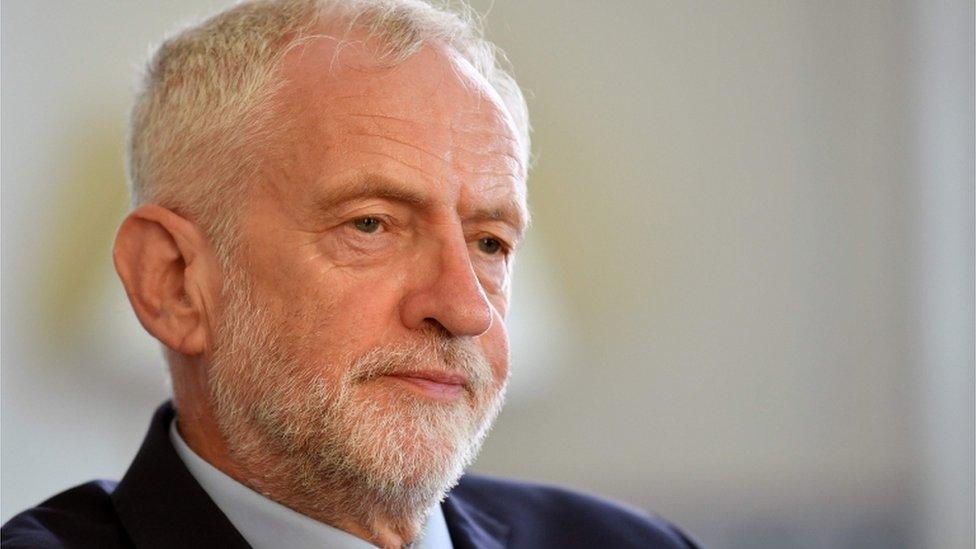
Mr Corbyn has said he would not allow an independence referendum in the "formative years" of a Labour government
Should an election not produce a clear winner, Ms Sturgeon said the SNP "will not put the Tories in office and are not in favour of coalitions".
However, she warned that votes from her MPs - currently the third-largest group at Westminster - would be contingent on the new prime minister giving the green light to an independence referendum.
She said: "We would favour a progressive-type alliance, but I would say this to Jeremy Corbyn or any Westminster leader who's looking to the SNP for support - if you don't accept Scotland's right to choose our own future, at the time of our own choosing, don't even bother picking up the phone to me."
'Matter of weeks'
Mr Corbyn has previously said Labour would not actively stand in the way of "indyref2", but has indicated he would seek to delay it.
He said he would not agree to a vote "in the formative years of a Labour government", while focusing on "central priorities" such as "sorting the Tory Brexit nightmare" and pursuing "transformative investment in Scotland's people, communities and public services".
This approach could see the independence vote pushed back beyond Ms Sturgeon's preferred timetable in 2020, and past the Holyrood elections in 2021.
A "section 30" agreement is the same legal mechanism used to facilitate the 2014 Scottish independence referendum.
Ms Sturgeon said she would make a section 30 request "over the next matter of weeks - it is coming soon. But we don't yet know who is likely to be in Downing Street - the situation is very fluid, and that is why I've chosen to do the preparations that are within our control and we're getting on with that."
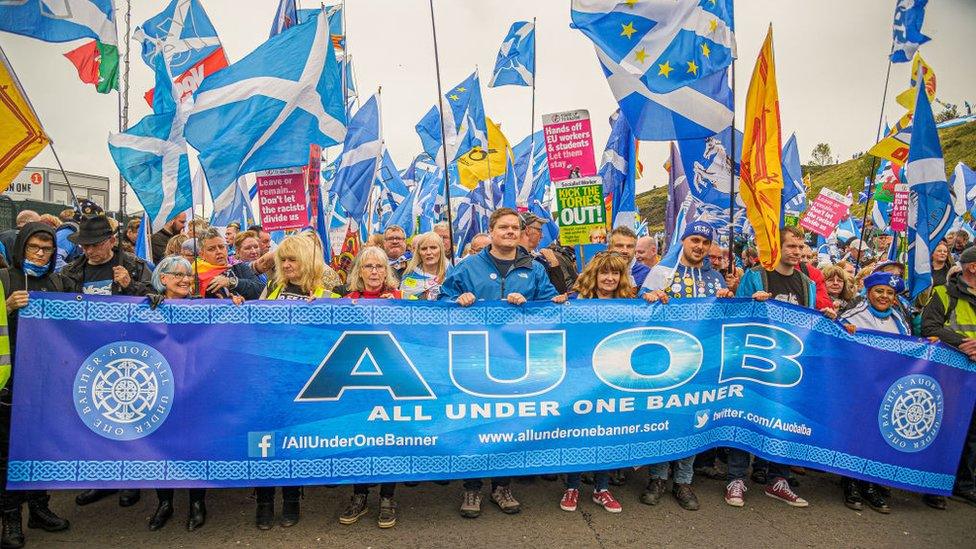
Some supporters of independence have called for a "plan b" for securing independence
The current UK government has repeatedly refused to countenance allowing a new independence vote, with Home Secretary Priti Patel telling the same programme that ministers were determined to "respect the result of referendums that took place previously".
This has led some SNP members - including MPs, MSPs and councillors - to call for a "plan B", such as securing a majority in an election or holding an unauthorised poll.
Confidence motion
However, Ms Sturgeon ruled out such an approach, saying a legal and constitutional referendum was the only way forward.
She said: "If I thought there was any quicker way, an easier way, a plan B that would get us there quicker, I would have taken it by now.
"What we have to do is have a process that allows us to demonstrate that there is majority support in Scotland for independence, and we have to have a process that is legal and accepted, otherwise our independence will not be recognised."
At the conference in Aberdeen, an attempt to add a debate on "plan B" to the agenda was voted down overwhelmingly.
Earlier, the party's Westminster leader Ian Blackford told delegates that the SNP had prepared a motion of no confidence in Boris Johnson and his government.
Mr Blackford said the only way to put an end to the "chaos" was to have a general election.
He called on the leaders of the other opposition parties to act with the SNP, although he didn't specify when they would bring the motion in Parliament.
- Published13 October 2019
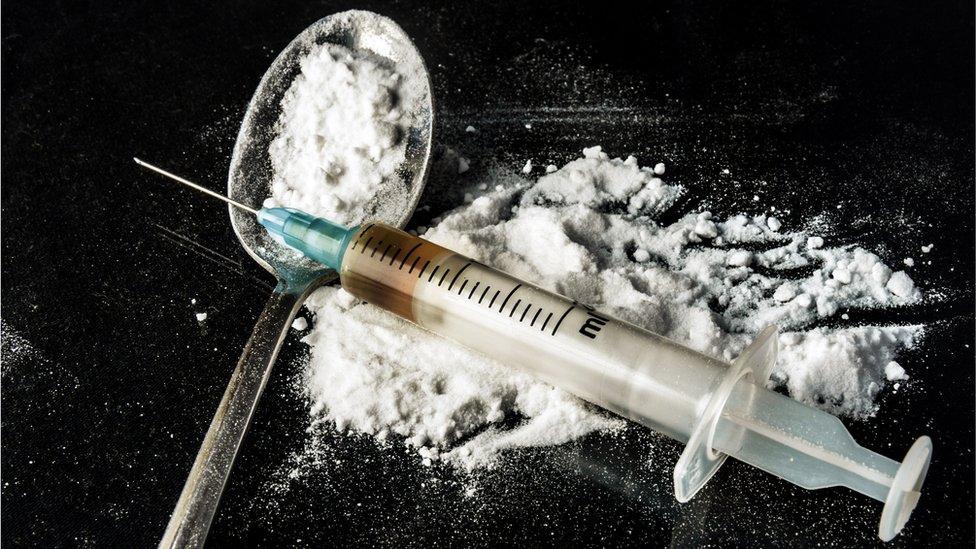
- Published12 October 2019
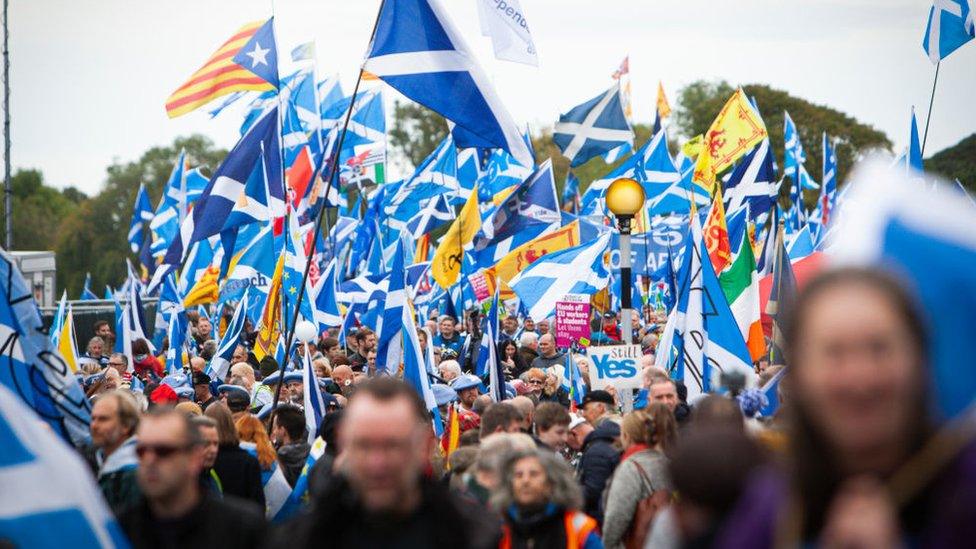
- Published12 October 2019
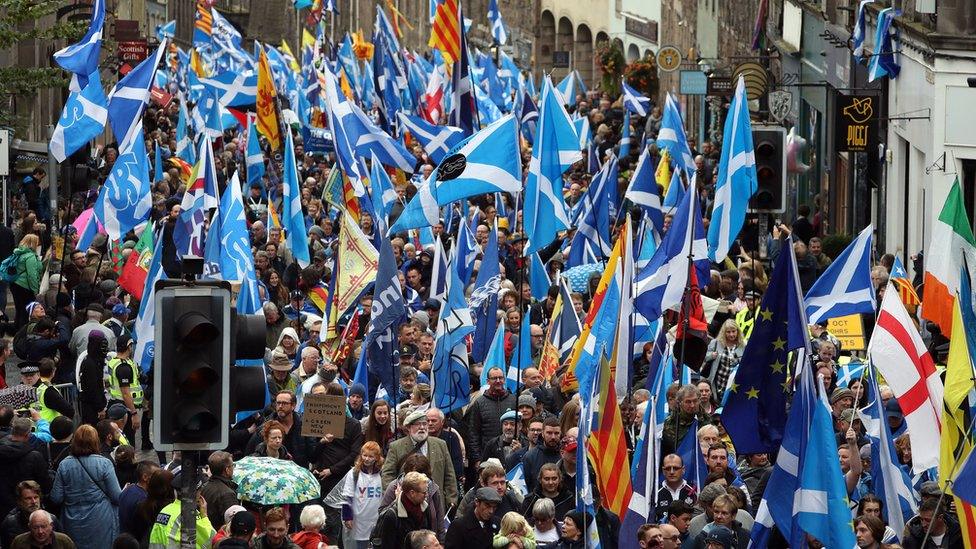
- Published10 October 2019
